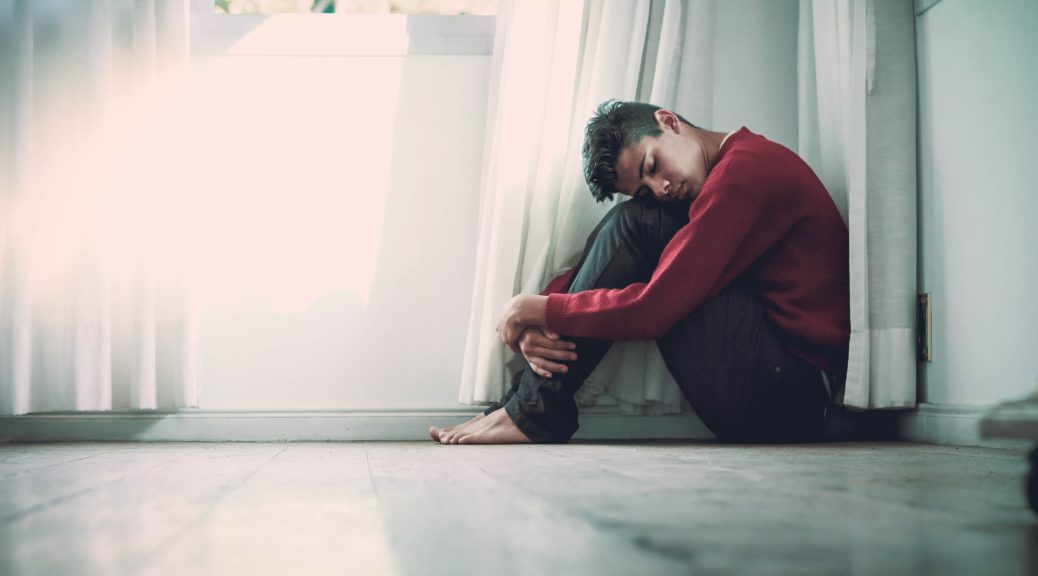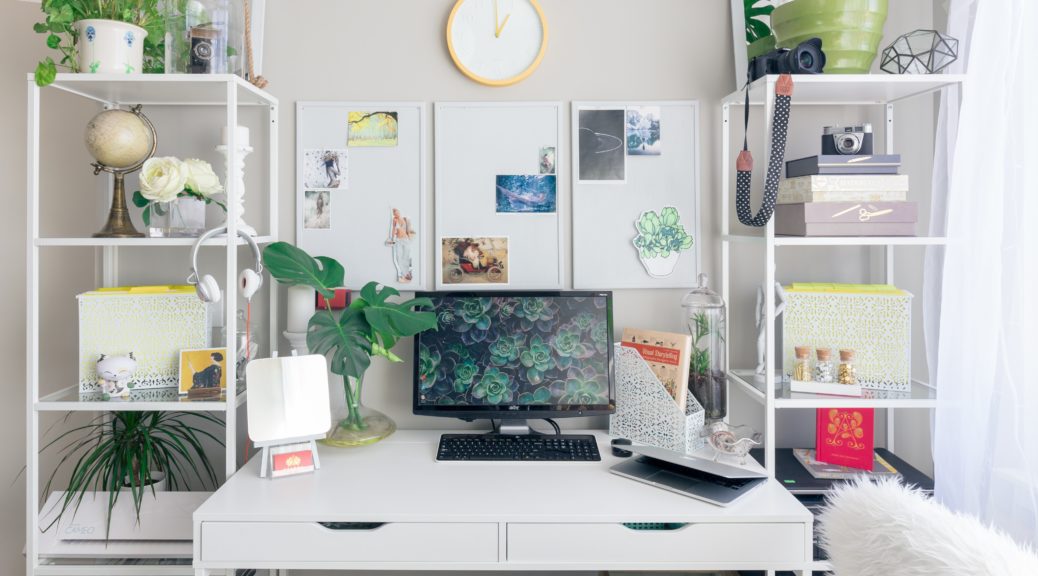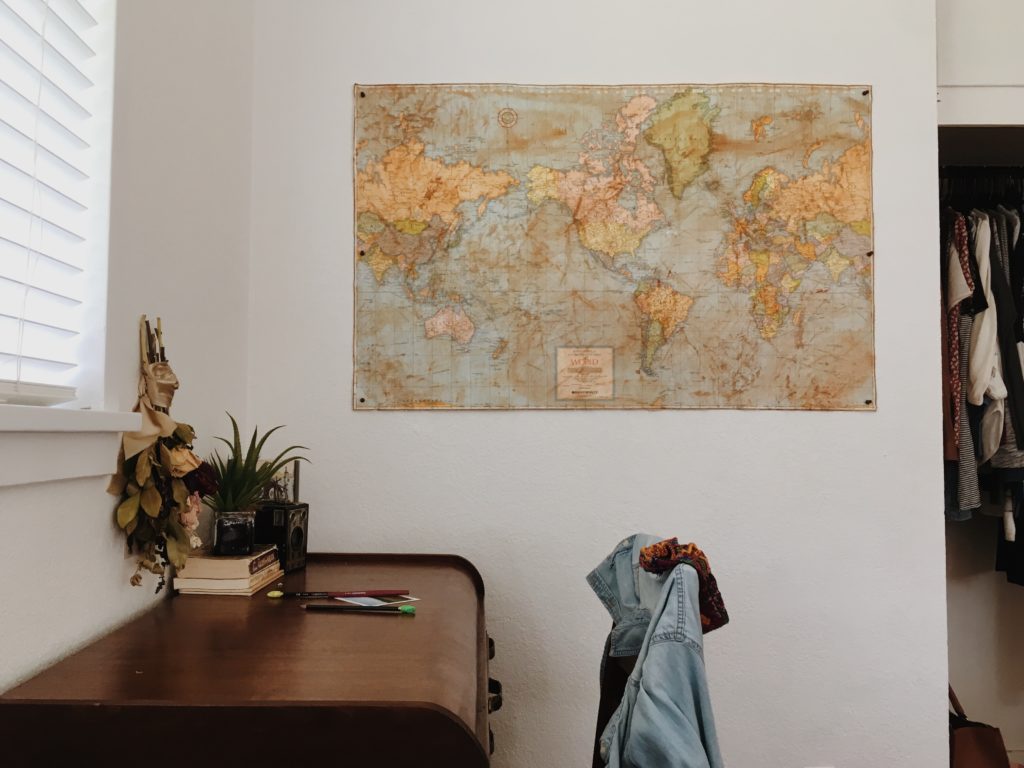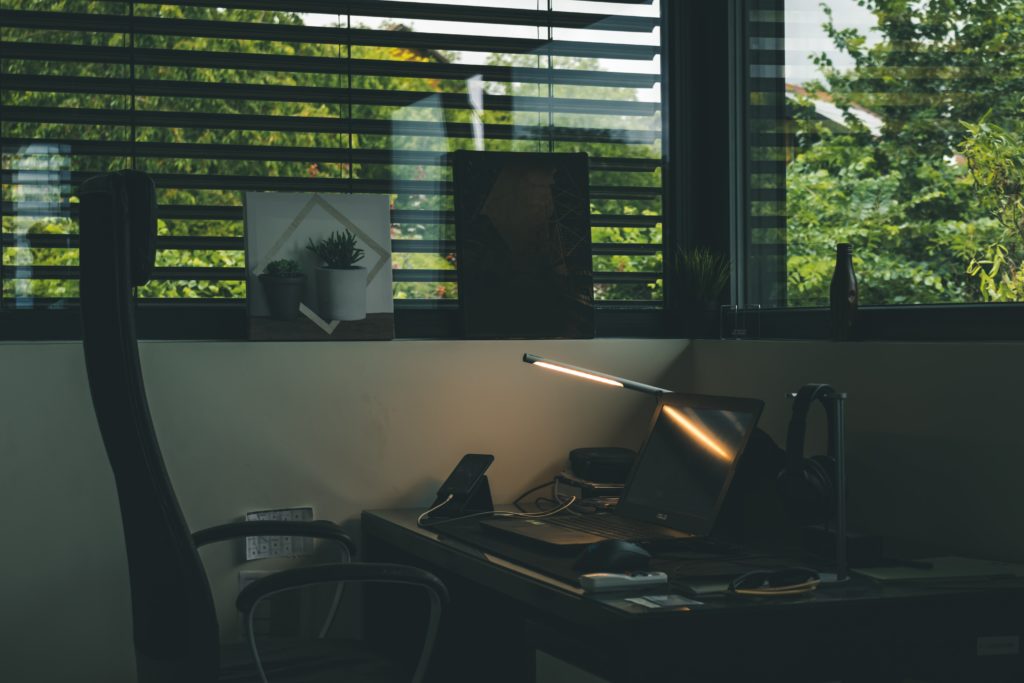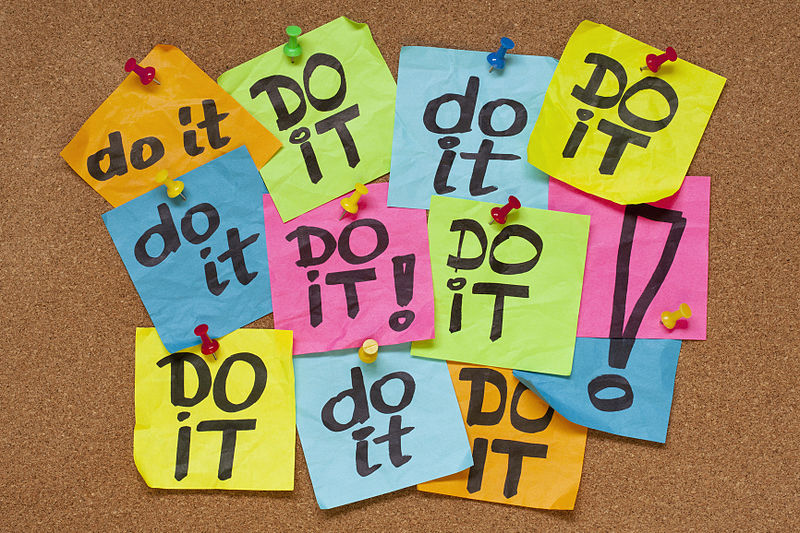Richard Petrosyan
[4 minute read]
Edited by Natalie Grace Sipula
Note: This article is the fruit of my analysis and my analysis only. By no means do I wish to come off as an authority on these matters, but rather as a blog writer attempting to spark debate on relevant life experiences.
How often in the last few months did you see people panicking, washing their hands frantically, cleaning surfaces of things that don’t even belong to them, yelling that the end of the world is near, or preparing as though we were under nuclear attack? To some of us, these are precautions. To others, these are scripts for a comedic movie. Panic has posed itself as one of the major psychological refuges of Americans (and quite a few people in other countries, as well) in the face of the novel coronavirus (COVID-19) pandemic. Here, I will seek to understand what exactly panic is and how we can alleviate this inherently adverse aspect of human psychology.
I define panic as the psychological and physical state of a living being that is based on the fear of an external entity or occurrence as a perceived threat to your interests, or in more extreme cases, to your own life. Accordingly, I define panic as the counter-reaction to lack of stability: we humans prefer planning and expecting the future; we like to know what lies ahead and take steps to succeed in our endeavors accordingly. Having this life stability reassures us. In some cases, we prefer things not to change whatsoever: this is what I call “love for the status quo.” However, as the saying goes, nothing in the universe is eternal except change. This means that, at any point in space and time, there is a nearly 100% certainty that some unforeseen element will disturb the established order of things. When people see that image of stability evaporate, their safety net erodes, and fear secures its nest in their minds. We begin taking precautions, avoid doing anything risky, close doors literally and figuratively, think about dangers and potential solutions frantically, sweat all the time, etc. I would argue this to be a tendency to protect oneself as an individual.
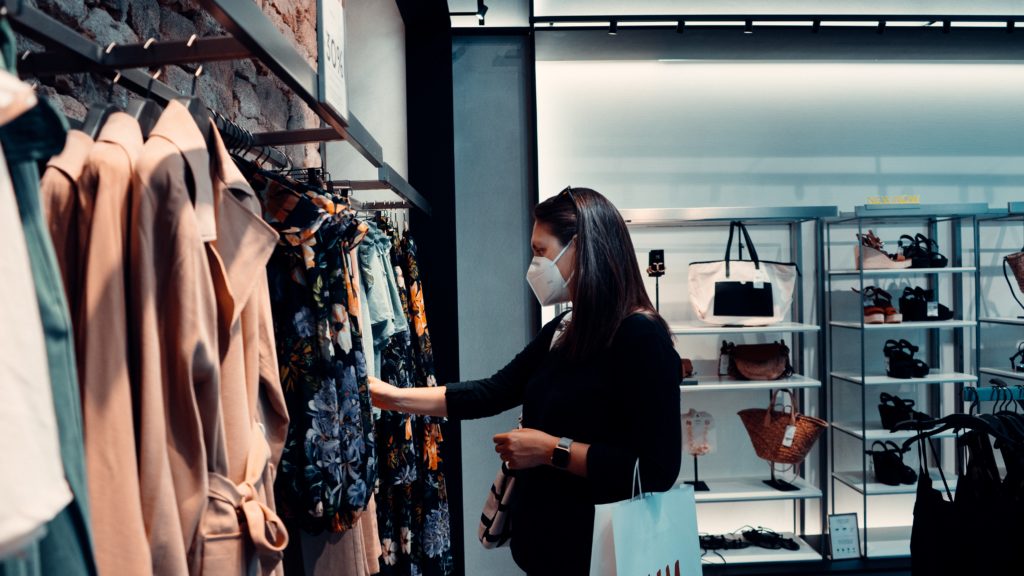
Where do these tendencies come from? I’d simply say: evolution. Since the dawn of time, when we perceived a threat to our survival (or that of our loved ones), we adapted by entering into a state of excitement and anxiety in order to acknowledge and combat the danger. However, the ways we protect ourselves have evolved over time, simultaneously with the nature of the threats. Prehistoric men didn’t fear that they’d get a bad grade and wouldn’t get into a good grad school just like we don’t fear now that we will be eaten by animals or other humans.
I will now apply this human instinct to the coronavirus pandemic. In the last few months, people have feared touching each other or approaching each other too closely. On national scales, some of them have even staunchly advocated for stay-at-home orders, border closing, furloughs from work, online classes, and so on. Governments have issued guidelines that push people away from each other (more famously referred to as social distancing guidelines) to avoid the threat of contamination by the virus. It appears that, in the fight or flight response associated with panic, most humans are choosing “flight.” To be fair, it’s a bit difficult to physically fight a microorganism. However, according to our more civilized way of fighting, the “fight” part against the microbe was taken up by scientists attempting to find cures as well as vaccines against the virus.
There is much ado -is it about nothing? That’s a matter of opinion. But how did panic even occur in the first place? The first answer that comes to my mind is media coverage. Journalism is a very powerful tool, in that news outlets are often used by people as a connection to the world at large. So, whatever people read, they believe. And the media certainly spreads alarming information. How much of it is fake news? I won’t delve into that question, but I’d keep in mind that this is a question worth asking. On the positive end, the spread of panic alarmed people to protect vulnerable populations. On the negative end, it shut down the world’s most powerful economies and altered our lifestyles significantly, and some may argue unnecessarily.


